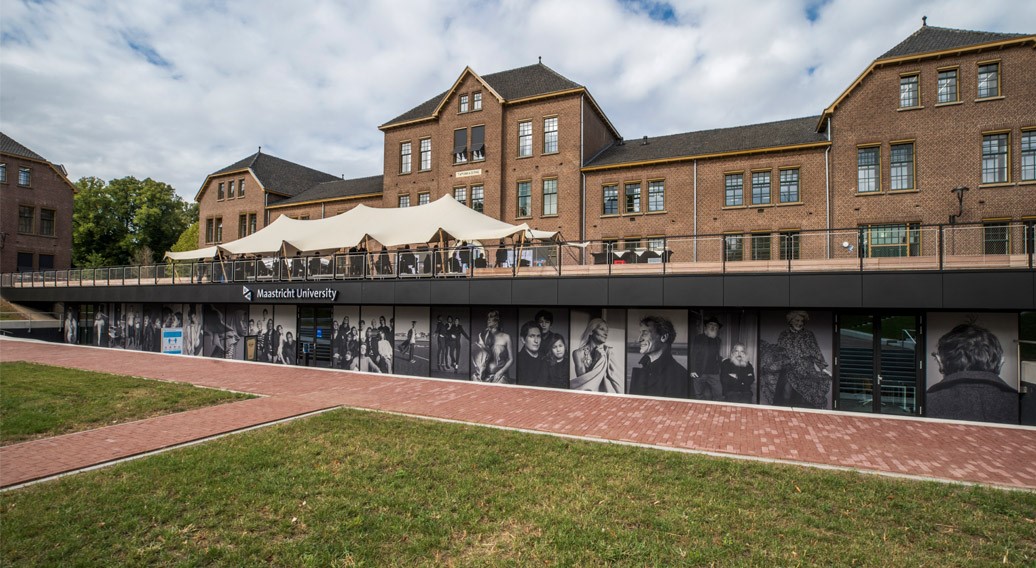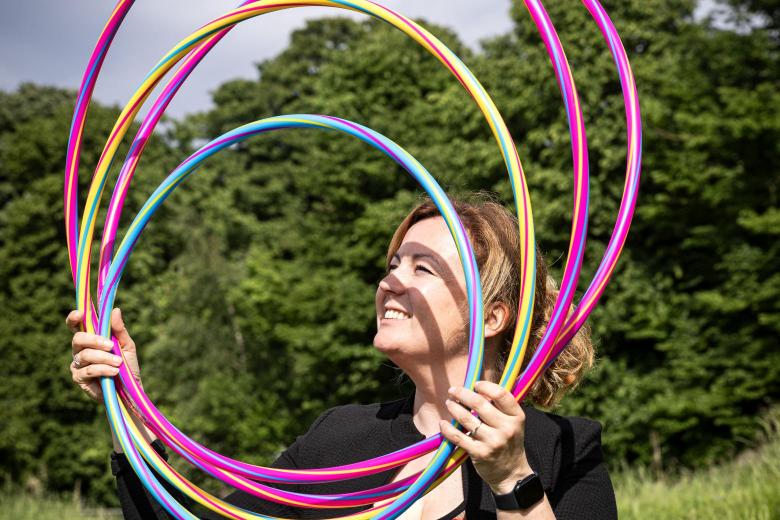Well-being key focus at conference on healthy buildings
While the energy crisis forces us more than ever to look critically at the climate in our buildings, it is important not to lose sight of the well-being of the users. This is the central idea behind the HealthBuild onc conference that researchers from Maastricht University and other partners are organizing on Thursday, 13 October. During this conference, scientists will talk to technicians, architects, administrators and users.
Indoor climate is important
People design and make buildings to live, work and learn in, but ultimately such a building also affects people. How comfortable, productive and fit do we feel in that building? What is the influence of the indoor climate, but also of all the technical facilities and even the environment on our well-being? What is clear is that a healthy building creates a healthy user.
Theory and practice
"The energy efficiency of buildings is getting better and better, through better insulation, intelligent lighting and air filters, among other things. But it does not always mean that those buildings are also better for our health and well-being," said Professor of Real Estate Nils Kok. "During the conference, we discuss the latest techniques for measuring indoor climate, analyze what is happening in buildings that already score well in this area, and discuss relevant developments with administrators and policymakers.
Tapijn as an example
The former Tapijn Barracks, now occupied by Maastricht University, serves as a best practice in this regard. During the renovation, thought was given to the design, use of light, air quality, but attention was also paid to stimulating a healthy exercise pattern among staff and students. "The intention is to then take the new knowledge we have gained here into all of the university's real estate activities," Kok said.

Also read
-
Innovation, growth, and the Schumpeterian Legacy | SBE Academics React to Nobel Prize in Economics 2025
This year’s Nobel Prize in Economics was awarded to Joel Mokyr, Philippe Aghion, and Peter Howitt for their groundbreaking research on innovation-driven economic growth. SBE academics reflect on the laureates’ contributions, the enduring influence of Schumpeterian ideas, and the insights their work...

-
Advancing circular transitions: Prof. Dr. Nancy Bocken’s contribution to research and executive education
Prof. Dr. Nancy Bocken has recently reached a significant academic milestone with more than 50,000 citations on Google Scholar. This recognition underscores the influence of her research on sustainable business models and circular business transitions. In addition, she has consistently been included...

-
EU grant to co-create pioneering research in ethical AI for healthcare
Prof. Dr. Dominik Mahr and Prof. Dr. Gaby Odekerken-Schröder from the School of Business and Economics (SBE) are part of a consortium that has been awarded a €2.3 million Marie Skłodowska-Curie Actions training network grant for their project JustHealth.
This project aims to create a decolonised...
